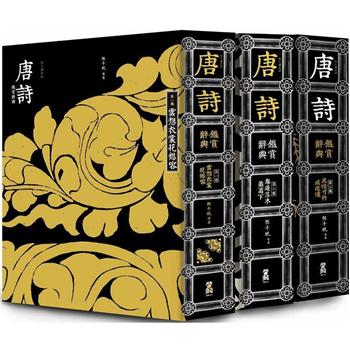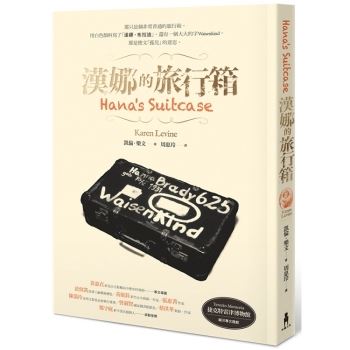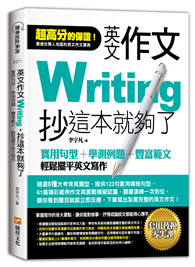Orman’s Comparing Presidential Power is an important and insightful study of the American Presidency. The macho model of presidential leadership is developed well and supported by both primary and secondary research. In fact, a brief overview of the book cannot do justice to the detailed analysis and support provided in the work. The text is well documented and every assumption is illustrated by several specific examples. The humanistic study is written from an audience perspective providing a socio-psychological orientation of how the public interprets the office. Thus, the lasting value of the book is not so much in the comparison of the Carter and Reagan presidencies or the defense of the Carter administration but in the provision of a complete model or theory of the contemporary institutional presidency. The book is a valuable contribution to the literature and thus a must for scholars and students of the American presidency. Presidential Studies Quarterly
The president of the United States may be considered the quintessential symbol of the country, and, as such, a reflection of society’s dominent values. His actions and decisions are influenced by a number of factors, including the prevailing environment, bureaucratic policies, and the incumbent’s personality. Over and above the abilities and opportunities of the person who holds the office, John Orman argues that success of a president’s policy endeavors is ultimately dependent in luck and good timing. His hypothesis is that a president’s success depends on the ability to align actions with a society that places a premium on machismo. Using this theory, he analyzes the presidencies of Jimmy Carter and Ronald Reagan.| FindBook |
|
有 73 項符合
macho的圖書,這是第 7 頁 |
 |
$ 3300 | Comparing Presidential Behavior: Carter, Reagan, and the Macho Presidential Style
作者:Orman 出版社:Praeger 出版日期:1987-04-15 語言:英文 規格:精裝 / 199頁 / 21.8 x 15 x 2 cm / 普通級/ 初版  看圖書介紹 看圖書介紹
|
|
|
圖書介紹 - 資料來源:博客來 評分:
圖書名稱:Comparing Presidential Behavior: Carter, Reagan, and the Macho Presidential Style
|









![114年事務管理(含概要、大意)[臺灣鐵路] 114年事務管理(含概要、大意)[臺灣鐵路]](https://media.taaze.tw/showLargeImage.html?sc=14100118398)

